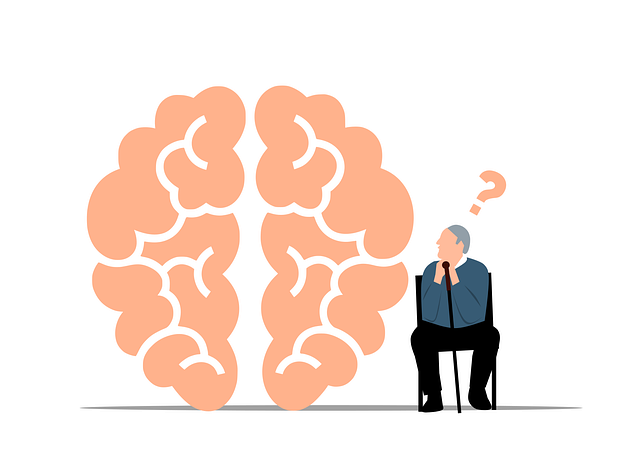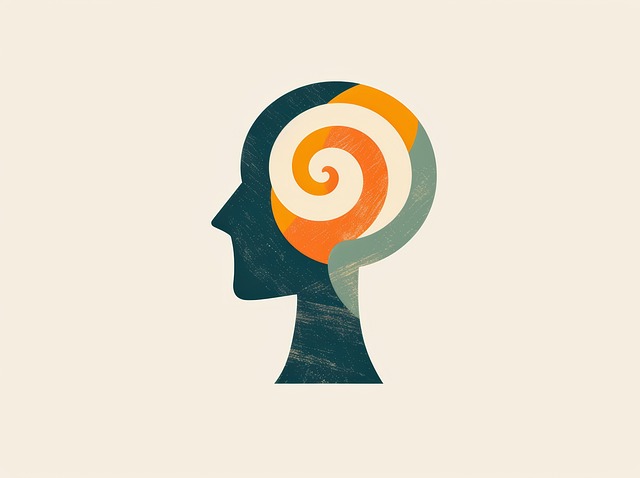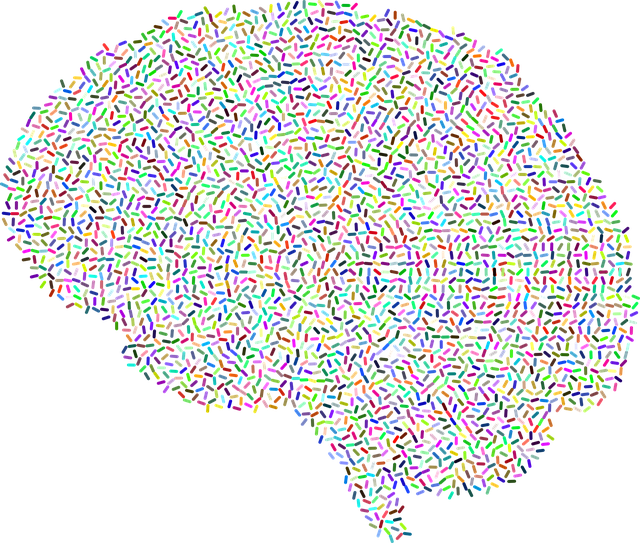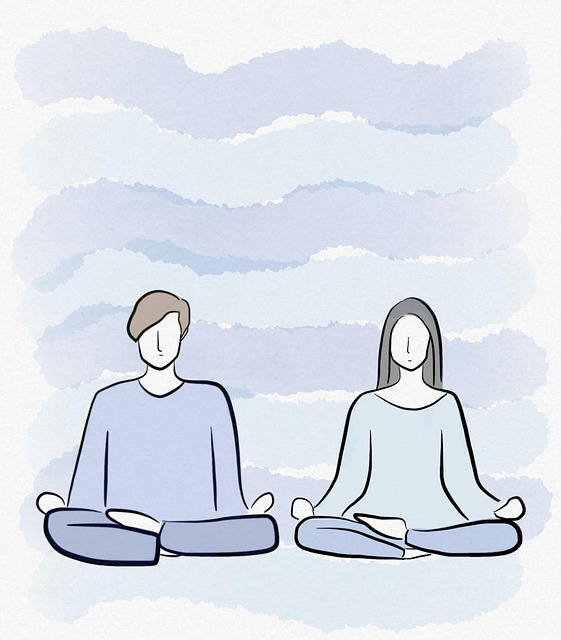Mental wellness group facilitation, as demonstrated by Boulder Dissociative Disorder Therapy (BDDT), is a specialized skill aimed at supporting individuals with mental health challenges in a collective setting. Facilitators create inclusive environments that encourage open expression, build resilience, and teach coping strategies through active listening, emotional intelligence, and crisis intervention. Key aspects include setting clear boundaries, modeling empathy, ensuring confidentiality, and providing cultural competency training. BDDT specifically focuses on creating safe spaces for non-judgmental expression of trauma, using activities like guided meditations and creative arts. Success is measured through participant feedback, observation, and tracking symptom reduction, with adjustments made based on individual needs, focusing on social skills training and self-care routine development.
Mental wellness group facilitation plays a vital role in fostering recovery and support for individuals facing diverse challenges. This article explores effective techniques for group leaders, focusing on creating safe spaces, engaging hard-to-reach participants like those with dissociative disorders (such as BDD), and enhancing communication within the group. We delve into strategies for successful group dynamic management, measuring progress, and adapting facilitation methods to meet unique needs, including practical insights from Boulder Dissociative Disorder Therapy approaches.
- Understanding Mental Wellness Group Facilitation
- Techniques for Building a Safe and Supportive Environment
- Engaging Participants with Boulder Dissociative Disorder Therapy
- Enhancing Communication and Connection Among Members
- Measuring Success and Adjusting Strategies Within the Group Setting
Understanding Mental Wellness Group Facilitation

Mental wellness group facilitation is a specialized skill set that empowers professionals to guide and support individuals navigating various mental health challenges within a group setting. This approach recognizes the power of peer connection, shared experiences, and collective learning. By fostering an inclusive environment, facilitators create a safe space where participants can express themselves openly, build resilience, and develop coping strategies. Techniques often involve active listening, emotional intelligence, and crisis intervention guidance to address unique needs.
In the context of Boulder Dissociative Disorder Therapy, for instance, group facilitation plays a pivotal role in fostering community among individuals grappling with dissociation. Through structured activities and open discussions, facilitators help members cultivate empathy, enhance social connections, and build resilience. Incorporating strategies like resilience building and crisis intervention ensures that participants gain practical tools to manage symptoms while cultivating emotional intelligence—a key component for effective group dynamics.
Techniques for Building a Safe and Supportive Environment

Creating a safe and supportive environment is a cornerstone of effective group facilitation for mental wellness, particularly when addressing complex issues like Boulder Dissociative Disorder Therapy. This begins with establishing clear boundaries and ground rules that foster trust and respect among participants. The facilitator should model open communication, active listening, and empathy to ensure everyone feels heard and understood. Incorporating confidentiality practices and encouraging non-judgmental attitudes is vital for building a sanctuary where individuals can explore their experiences freely.
Cultural competency training for healthcare providers plays a significant role in achieving this goal. By understanding the diverse backgrounds and perspectives of group members, facilitators can adapt their approaches to resonate with different cultural norms and beliefs. This inclusive practice strengthens the sense of belonging and encourages participation, allowing everyone to contribute and benefit from the group dynamic. Ultimately, fostering a supportive atmosphere is key to unlocking resilience building and inner strength development within the group setting.
Engaging Participants with Boulder Dissociative Disorder Therapy

Engaging individuals with Boulder Dissociative Disorder Therapy (BDDT) requires a nuanced approach that recognizes the unique challenges associated with this condition. BDDT, designed to help clients integrate fragmented aspects of their personality, can be incredibly powerful in facilitating healing and restoration. For group settings, facilitators should create a safe, non-judgmental space where participants feel comfortable expressing their experiences. Incorporating interactive activities, such as guided meditations and creative arts exercises, can aid in trauma processing while promoting self-care routine development for better mental health.
Trauma support services within these groups should be tailored to address the dissociation experienced by individuals with BDDT. Stress management workshops organized within the framework of BDDT can teach participants effective coping strategies, helping them to navigate and manage their symptoms more effectively. By fostering a supportive environment that intertwines self-care and trauma healing, facilitators enable group members to embark on a journey towards wholeness and improved mental wellness.
Enhancing Communication and Connection Among Members

In facilitating mental wellness groups, one of the most powerful tools a therapist can employ is enhancing communication and connection among members. This strategy is especially beneficial for individuals with dissociative disorders, such as those seeking Boulder Dissociative Disorder Therapy. By creating a safe and supportive environment, group members feel more comfortable expressing their experiences and emotions openly. Therapists should encourage active listening and foster an atmosphere where everyone’s voices are heard without judgment.
Effective communication strategies, like those focused on stress management and mental health awareness, can help individuals build stronger connections with one another. This increased connection allows group participants to share coping mechanisms, offer mutual support, and develop a sense of belonging. The result is a more cohesive group dynamic that enhances the overall therapeutic experience, ensuring each member feels valued and empowered in their journey towards better mental health.
Measuring Success and Adjusting Strategies Within the Group Setting

Measuring success in a mental wellness group setting is a nuanced process that goes beyond mere attendance or completion of sessions. Facilitators should assess participants’ progress through qualitative and quantitative methods, such as regular check-ins, feedback forms, and observation. This involves tracking improvements in symptoms related to conditions like Boulder Dissociative Disorder Therapy, enhanced social skills evident in group interactions, and the adoption of healthier self-care routines.
Adjusting strategies within these groups is equally critical for optimal outcomes. Facilitators can adapt activities, incorporating new techniques or adjusting existing ones based on participant needs and feedback. For instance, if stress management workshops show limited engagement, incorporating interactive exercises or diverse learning formats might enhance participation. Similarly, recognizing that Social Skills Training and Self-Care Routine Development for Better Mental Health are key areas of focus, facilitators can tailor group dynamics to encourage open communication and foster an environment conducive to skill development and mental health improvement.
Mental wellness group facilitation is a powerful tool for fostering community and healing. By implementing techniques that prioritize safety, support, and engagement, facilitators can create an environment conducive to growth. Incorporating strategies like Boulder Dissociative Disorder Therapy enhances communication and connection among members, ensuring everyone feels heard and valued. Regularly measuring success and adjusting strategies allows for continuous improvement, making these groups truly transformative spaces.














